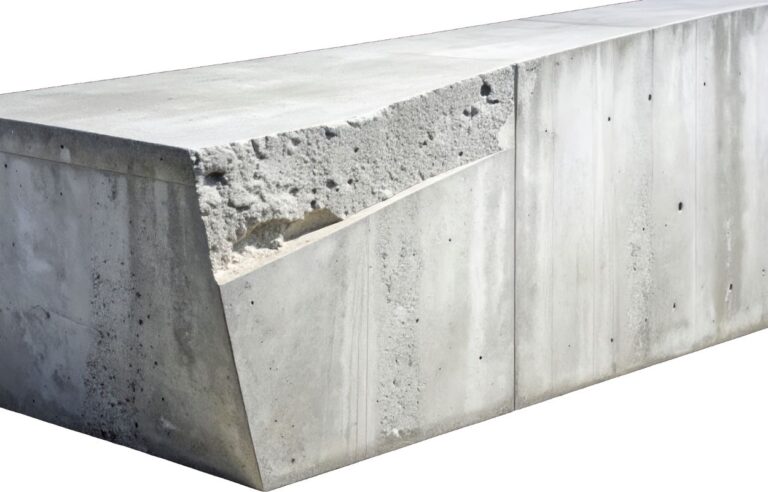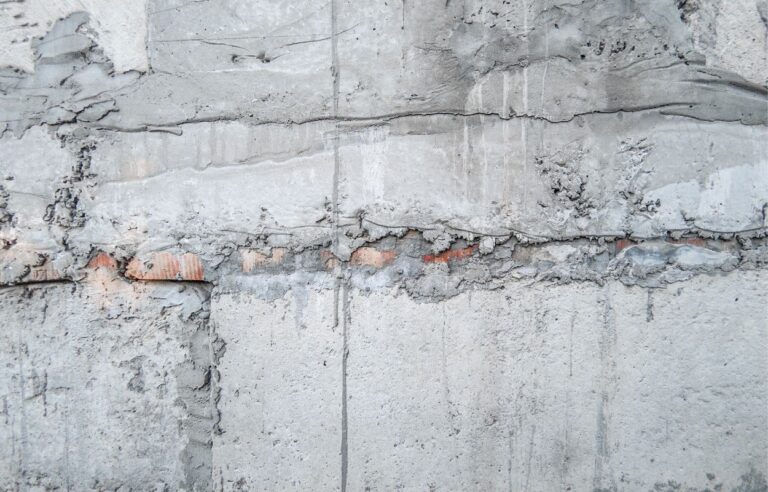
Deconstruction is an essential process in the construction industry that involves carefully dismantling structures to salvage materials for reuse or recycling. While deconstruction services in Vernon play a crucial role in sustainable building practices, it’s not without its challenges. In this blog post, we will explore six common hurdles faced in the realm of deconstruction.
UNFORESEEN HAZARDOUS MATERIALS
One of the significant challenges in deconstruction services in Vernon is the unexpected discovery of hazardous materials. Older structures may contain asbestos, lead paint, or other toxic substances. Dealing with these materials requires specialized knowledge and equipment to ensure the safety of both workers and the environment.
REGULATORY COMPLIANCE
Navigating through the labyrinth of regulations governing deconstruction can be a daunting task. From environmental regulations to safety standards, compliance is essential but often complicated. Deconstruction services in Vernon must stay abreast of ever-changing regulations to avoid legal complications and ensure responsible practices.
LOGISTICAL COMPLEXITIES
Deconstructing a building is not as straightforward as it may seem. Coordinating the removal of materials, transportation, and disposal can be logistically challenging. Ensuring that salvaged materials reach recycling facilities or donation centers efficiently is crucial for minimizing waste and maximizing the benefits of deconstruction.
COMMUNITY ENGAGEMENT
Community involvement is vital in successful deconstruction projects. Communicating with local residents, businesses, and authorities is necessary to address concerns, minimize disruptions, and build positive relationships. Deconstruction services in Vernon must actively engage with the community to foster understanding and cooperation.
SKILLED LABOR SHORTAGE
Finding skilled labor for deconstruction projects can be a hurdle. The specialized knowledge required, coupled with the physically demanding nature of the work, can limit the pool of available workers. Training programs and initiatives to attract skilled individuals to the field are essential for overcoming this challenge.
COST CONSIDERATIONS
While deconstruction is environmentally friendly, it can be perceived as more expensive than traditional demolition. Initial costs associated with skilled labor, equipment, and compliance can deter some property owners. However, emphasizing the long-term benefits, such as reduced environmental impact and potential tax incentives, can help overcome this challenge.
ADAPTABILITY TO BUILDING DESIGNS
Deconstruction services in Vernon often encounter the challenge of adapting their methods to diverse building designs. Each structure presents unique architectural features, materials, and construction methods, requiring a customized approach. Some buildings may have intricate designs that make salvaging materials more complex, while others may have hidden structural challenges. Adapting deconstruction techniques to the specificities of each project is essential to maximize efficiency and resource recovery.
Deconstruction services in Vernon play a vital role in sustainable construction practices, but they are not without obstacles. From navigating regulatory complexities to addressing hazardous materials, the challenges are diverse. However, by actively engaging with communities, investing in skilled labor, and promoting the long-term benefits, the industry can surmount these hurdles and contribute to a more sustainable future. As the demand for eco-friendly practices grows, overcoming these challenges becomes increasingly crucial for the success of deconstruction in Vernon and beyond.
Remember, a skilled and professional team of deconstructors will be able to anticipate these challenges and any others that might arise. They’ll also have the expertise to navigate them as effectively as possible to ensure that your deconstruction project is completed to your liking.





